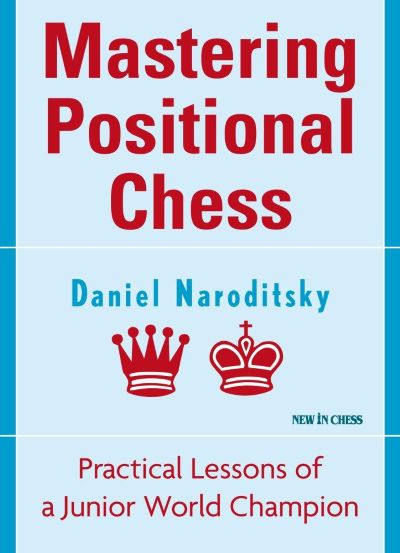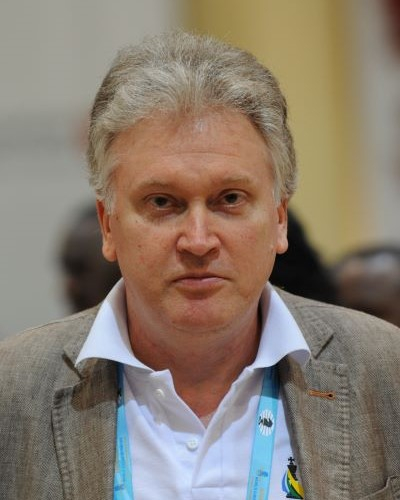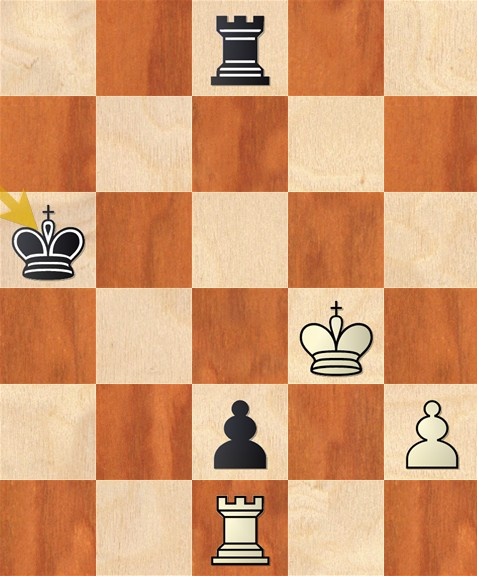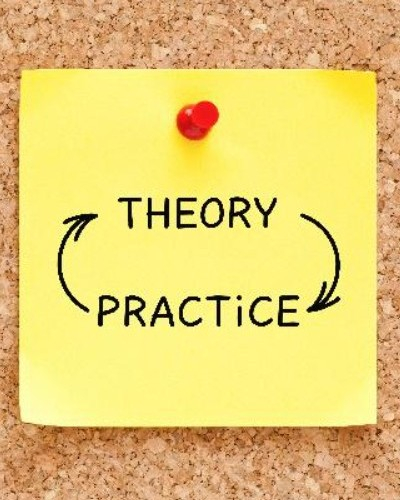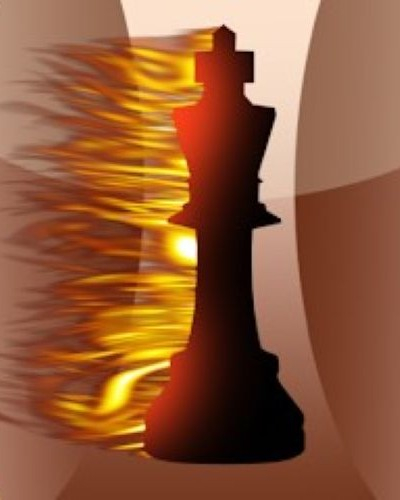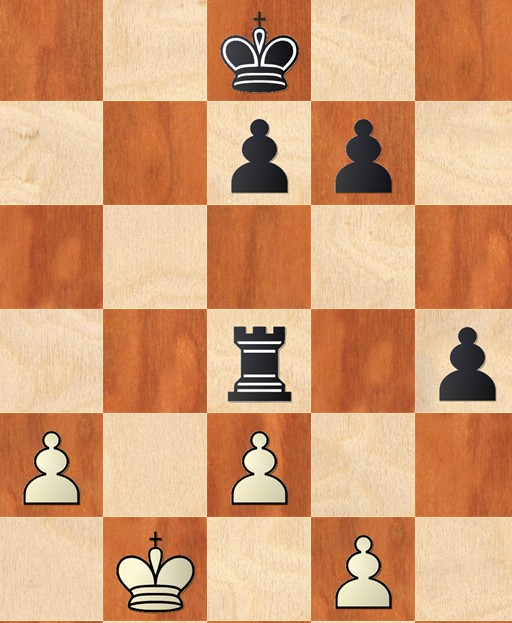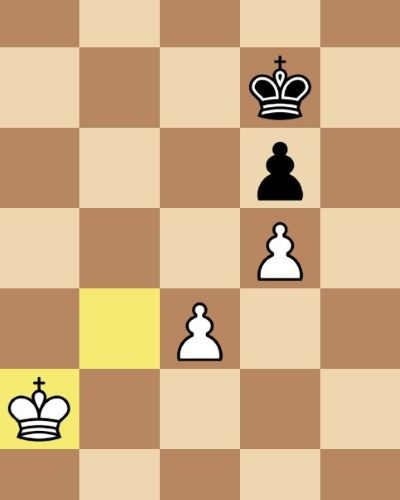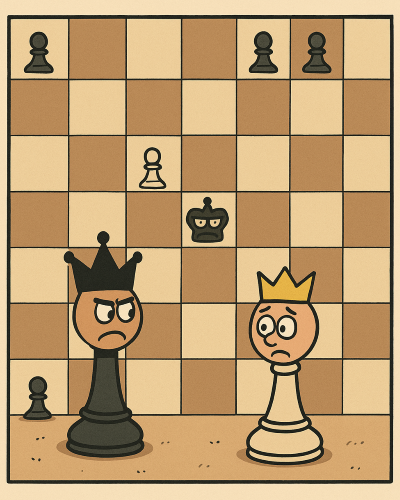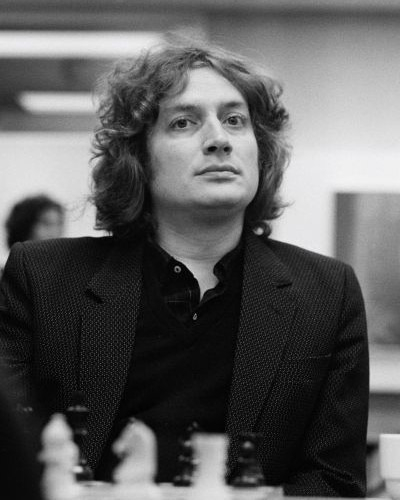
In memoriam Jan Timman (14 December 1951 – 18 February 2026)
It’s with great sadness that all of us at New In Chess are trying to cope with the passing away of Jan Timman, a wonderful colleague and dear friend. Jan’s importance to New In Chess cannot be overstated. He was the magazine’s first editor in chief and always kept playing a pivotal role, contributing articles and annotated games, and giving advice on editorial matters till the very end. Besides his work for the magazine, Jan was one of our most beloved book authors. He wrote countless classics in an endless outpour of creativity. His most recent titles include his best games collection Timman’s Triumphs (2020), The Unstoppable American (2021), Max Euwe’s Best Games (2023), 100 Endgame Studies You Must Know (2024) and Timman’s Studies (2025).The latter titles focus on one of his great passions in his later years, the beauty of the endgame study.New In Chess has been blessed that the magazine started out when Jan was one of the best and most successful players in the world and that his love175
